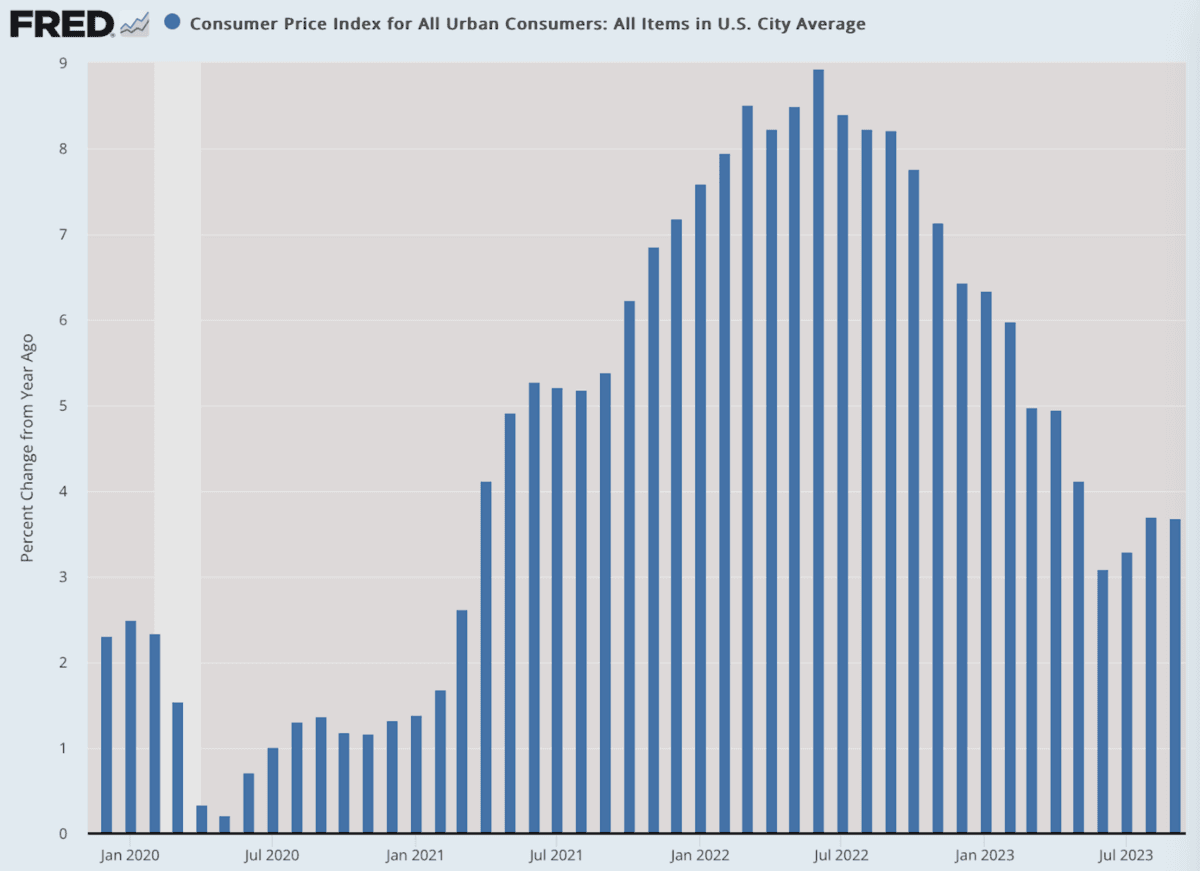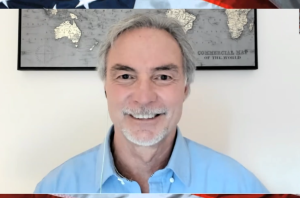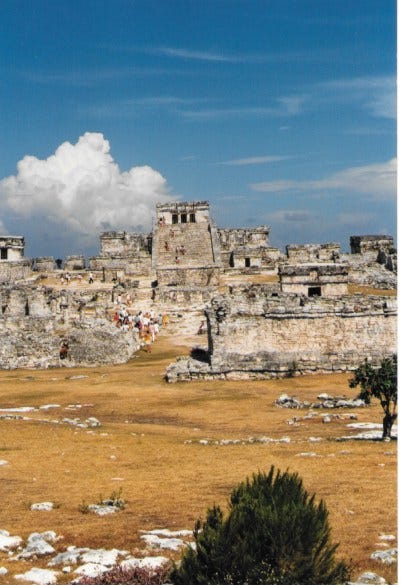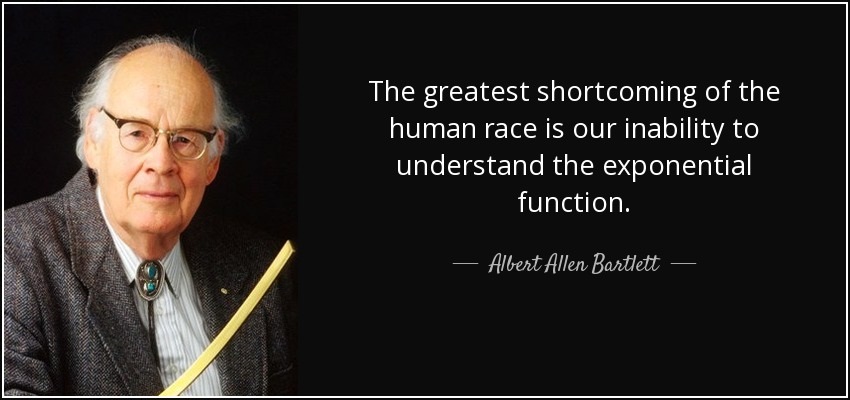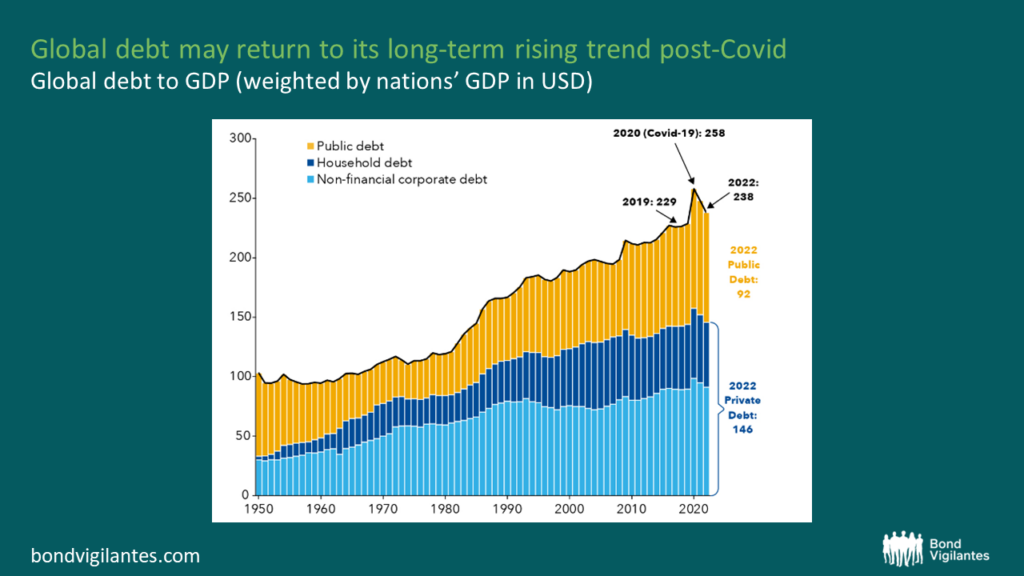Thank you. The root cause of our problem appears to be ecological overshoot brought on, primarily, by our exploitation of a one-time energy cache (fossil fuels) that has helped to ‘power’ amazing technological tools and processes that, in turn, have allowed us to exploit the planet and its resources substantially. This has led to a number of positive feedback loops, particularly exponential increases in population, waste (including greenhouse gases), and the speed at which we use these finite resources.
The crowd that insists ‘renewable’ energy (and it’s not truly ‘renewable’ given its dependency on finite resources, and certainly not ‘green/clean’ based on the processes necessary to produce them) can ‘sustain’ our energy-intensive complexities tend to be willfully ignorant of their negative consequences and deficiencies. In fact, my guess is that many have little experience with or knowledge of them (see Alice Friedemann’s work at Energy Skeptic and especially her most recent Springer Energy Series publication, Life After Fossil Fuels) and are grasping for solutions to our predicaments.
The cost, components, capacity, and energy-return-on-energy-invested for ‘renewables’ is nowhere near what most imagine; and I’m thinking most hold on to the belief that governments will ‘pay’ for the massive systems that would be needed to support our complex societies (and there simply aren’t enough finite resources on this planet to do this; to say little about the massive debts already existing within our Ponzi-like financial/economic/monetary systems that themselves are on the verge of collapse and the struggles many people have in just affording day-to-day living expenses). I personally have installed a photovoltaic system as an emergency backup system for our home. I have spent well in excess of $10,000 putting up about 2.2 KwH of panels, connecting charge controllers, deep cycle batteries, and inverters. I am under no delusion that such a system can sustain our household, particularly in our Canadian winters. The power is intermittent. The batteries drain relatively quickly. And charging can take days/weeks when its cloudy and cold, and/or snow builds up on them.
The religious-like adherence to the belief that ‘renewables’ are part-and-parcel of a ‘solution’ to the negative consequences of fossil fuels leads many to ‘attack’ anyone who questions their ‘faith’ (see Mike Stasse’s Damn the Matrix). I have been accused numerous times of being a shill for the fossil fuel industry and even threatened because of this allegation; one person recently wished me the worst possible end I can imagine and then multiply it by 1000 because I questioned the entire ‘renewable’ mantra and didn’t by into his ‘solution’ for addressing the climate crisis.
I usually attribute this to the first few stages — denial, anger, bargaining — of Kubler-Ross’s model of grief, which people who come to realise our predicaments tend to travel through. It is also a result of believing that what we face is a problem that can be solved when in actuality it appears to be a predicament that we are going to have to face and attempt to ‘weather’ (see Erik Michaels’ Problems, Predicaments, and Technology). In fact, I would argue attempts to replace fossil fuel inputs with alternatives is a very misguided and potentially catastrophic path to take. The fossil fuel platform is significantly required for almost all the processes necessary to shift to alternatives. From steel and concrete manufacturing to the heavy machinery necessary in mining and transportation, large fossil fuel inputs are required.
Then there’s the fossil fuel inputs into modern industrial agriculture: the pesticides, herbicides, fertilizers, heavy machinery, irrigation, and transportation that sustain food production in sufficient quantities and keep the just-in-time, long distance, supply chains functioning — to say little about the finiteness of the chemicals required for fertilizers or the drawing down of water aquifers. Food shortages would be guaranteed to be massive should fossil fuel inputs suddenly disappear without local, regenerative permaculture being ready to replace it; something we are woefully blind to. ‘Electrifying’ everything does little to address many of the negative consequences of our overshoot.
There are so many negative consequences to our overshoot that we are ignoring — in our zeal to sustain our complexities via ‘renewables’ — that would continue or expand by chasing such ‘solutions’ as widespread adoption of electric vehicles and solar/wind energy. In our rush to justify all the modern ‘conveniences’/‘energy slaves’ we have (especially in so-called ‘advanced’ economies) we are taking the world even further into overshoot which will lead to an even more catastrophic ‘collapse’ when it finally occurs.
We can accept that ‘collapse’ is imminent (and pre/history shows this occurs for every complex society that we have experimented with for the past 10,000+ years — see archaeologist Joseph Tainters’ text The Collapse of Complex Societies) and attempt to prepare for it, or continue the wishful thinking path that ‘this time is different’ and chase actions that will make the situation even more dire. I would prefer the former but my guess is we will attempt the latter for two main reasons.
First, we have been propagandised by what should be called ‘snake oil salesmen’ and their marketers who have taken advantage of our energy crisis. They have created a massive marketing campaign to sell their products and done so on our emotions, particularly fear and the need to have some ‘certainty’ about the future (refer to Dan Gardner’s Future Babble). The marketers have set fossil fuels up as the ‘problem’ and offered a ‘solution’ that just happens to enrich them. As with all such marketing, the negative consequences of their products have been left out of the narrative.
Second, having bought into the sales pitch, most people have created a set of beliefs that serve to help justify their living arrangements and avoid the difficulties that very likely lay ahead. Core beliefs are difficult to challenge. Questioning them creates cognitive dissonance in the adherent which can only be dissipated by clinging more strongly to the belief (usually by ignoring or attacking those challenging them) or reflecting on the beliefs and shifting them towards a more neutral or different stance. Most people tend to protect their core belief systems, regardless of the evidence/facts/data that would suggest they are misguided/misinformed; thus the ire/anger by some when the idea of ‘renewables’ being able to replace fossil fuels is confronted.
For the most part, the future is unwritten. We can accept the challenges of a world without all the energy slaves we have created with our ingenuity and tool-making acumen, and prepare for life with less, far less. Or, we can continue down the ‘business-as-usual’ path and attempt to sustain the unsustainable (see Meadows et al.’s Limits to Growth and its various updates), and that will likely result in far more chaos and difficulty as the bottleneck we have created closes around us (see William Catton Jr.’s book, Overshoot).
I’m increasingly chagrined to see us continue to chase the infinite growth chalice with a belief that this will all work out just fine, thank you, as long as we abandon fossil fuels and shift to ‘renewables’ with a religious-like fervour that completely ignores some harsh, biophysical realities. I am reminded of author Robert Heinlein’s observation that we are rationalising creatures, not rational ones, and we are leading ourselves into a very, very precarious and dangerous place.
